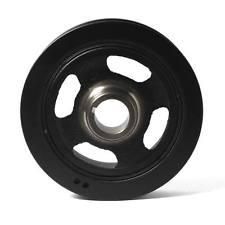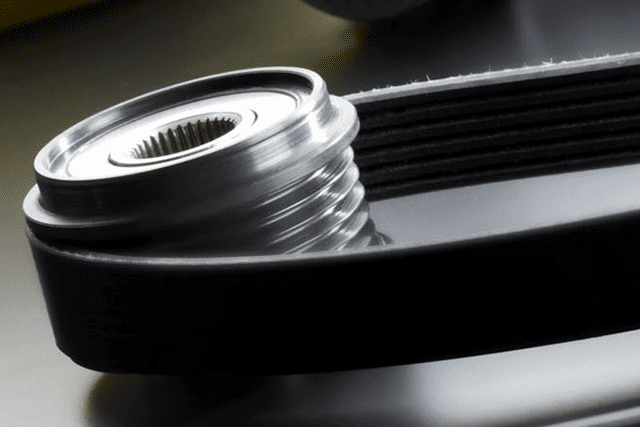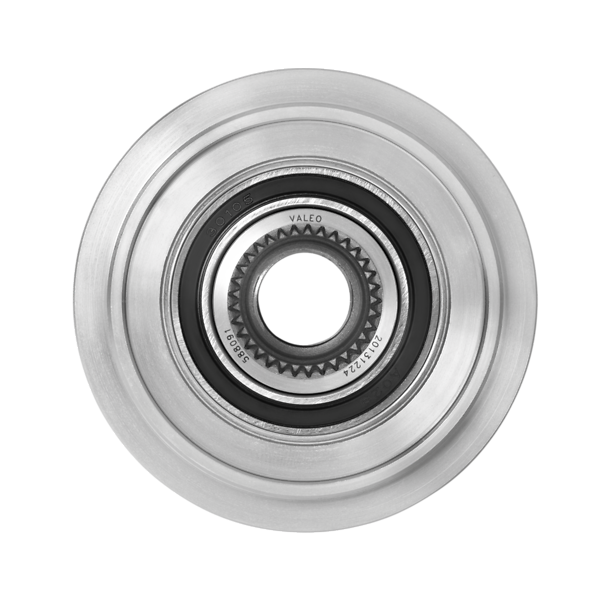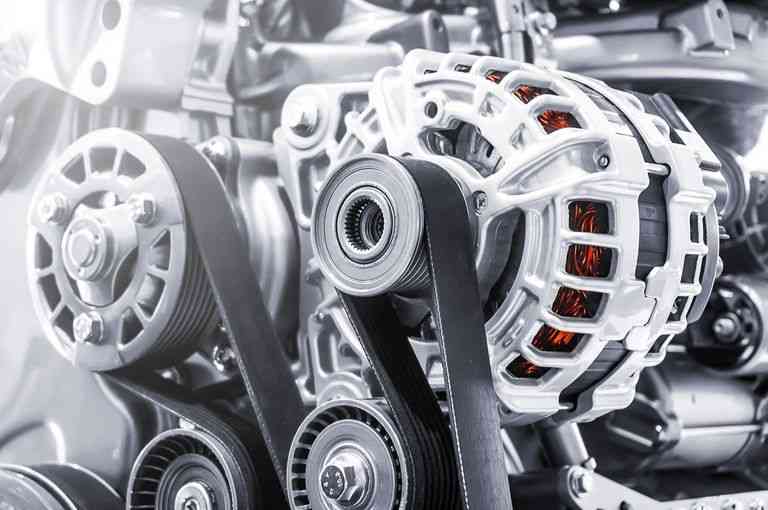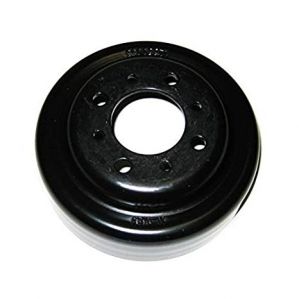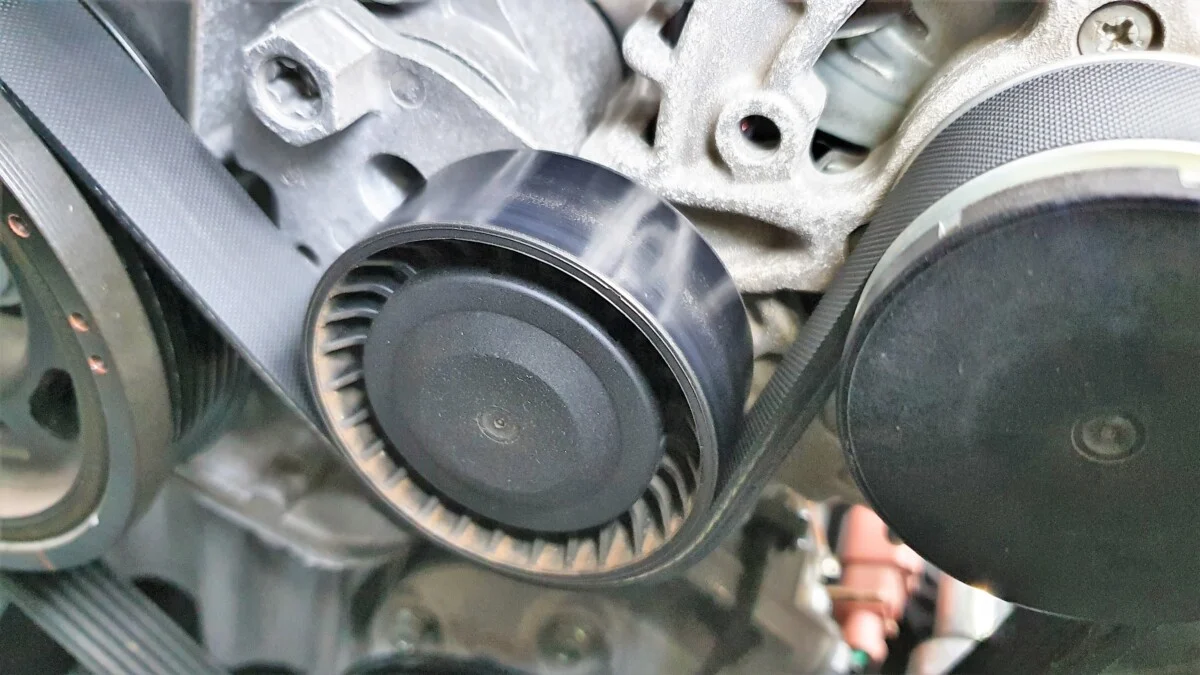Product Description
Name:China Benz Car Cooling System Air Conditioning Cylinder Compressor Clutch Pulley
1) inquiry will be replied in 24 hours 2) cheap price 3) free sample 4)Low MOQ
ACE have gain expertise in providing Precision Machinery Job Works that are widely used in many industries to add new life to the machines. These job works are executed by our experienced professionals making optimum utilization of modern tools and equipment. Our innovative approaches to lend new life to old machines enabled us to gain a remarkable position in industry. Customers can avail these job work from us as per their needs.
Our company is recognized by features of "Precise Finish, Accurate Dimensions, Abrasion & Corrosion Resistance,Robustness."
We hope to cooperate with you and develop together!
Works Ace Machining Can Do Of CNC Machining
| Works We Can Do | CNC Lathing | CNC Milling | Custom Machining Works | OEM Machining Works |
| Materials We Can Do | Steel | Aluminum | Copper | Other Metal |
| Finish We Can Do | Polishing | Brass | Anodizing | Plating etc. |
You Will Get:
* Competitive Price Of CNC Precision Machinery part
* Good Quality Assurance
* In Time Sampling & In Time Shipment
* Quality Guarantee
* Free Sample Can Be Provided Some Time
* Low MOQ
* Reply in 24 hours and fast quotaion
How Ace Sure The Quality?
1) Ace proceed 4 times during production proceeding.
They are: raw material inspection, process machining inspection, mass production inspection, final inspection.
| Raw Material Inspection Reported | Process Maching Inspection Record | Mass Production Inspection Record | Final Inspection Reported |
2) After each inspection, a paper report will be checked out and recorded for future checking.
3)100% Inspected before Shipment. Inspection date report provided. And PPAP can be provided too.
How Many Equipments Does Ace Have?
10 CNC lathing machine with actual working tolerance ±0.02MM.
5 CNC lathing and milling center with actual working tolerance is ±0.02MM.
Drawing Format Can Done By Ace?
dwg, dxf, prt, iGS, step, stp, iges, slprt, asm, x_t files are all accepted.
What kinds of CNC machining product is suitable to send to Ace for quoation?
CNC machining product, CNC milling product, CNC lathing product, CNC turning product, CNC precision machining product, maching product, precision product and all machining parts used in different industrials such as: spray nozzle, car accessories, railway accessories, bathroom accessoires, equipemnt spare parts, pipe and fittings and so on.
| Condition: | New |
|---|---|
| Certification: | CE, RoHS |
| Standard: | ASTM |
| Customized: | Customized |
| Material: | Iron |
| Application: | Metal Processing Machinery Parts |
| Customization: |
Available
| Customized Request |
|---|
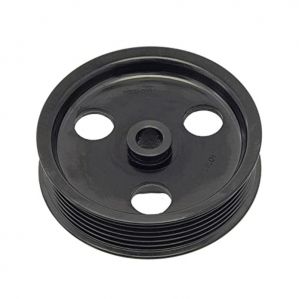
Can car pulleys be a source of noise or vibration in a vehicle?
Yes, car pulleys can indeed be a source of noise or vibration in a vehicle. Several factors related to the pulleys can contribute to noise and vibration issues. Here's a detailed explanation:
Pulley Misalignment:
If the car pulleys are not properly aligned with other components, such as belts or accessories, it can cause misalignment-related problems. Misaligned pulleys can lead to increased friction, belt wear, and uneven power transmission. This can result in noise and vibration in the vehicle. Common causes of pulley misalignment include improper installation, worn-out components, or damage to the pulley system.
Worn-out or Damaged Pulley Bearings:
The pulleys in a vehicle incorporate bearings that allow smooth rotation. Over time, these bearings can wear out or become damaged, resulting in increased friction or play. Worn-out or damaged pulley bearings can lead to noise and vibration issues. The noise may manifest as squeaking, grinding, or rumbling sounds, especially when the pulley is rotating. Additionally, the vibration caused by faulty bearings can be felt through the vehicle's steering wheel or other components.
Belt Tension and Condition:
The tension of the belts connected to the pulleys is crucial for their proper operation. If the belt tension is too loose or too tight, it can cause problems. A loose belt may slip on the pulley, resulting in noise and vibration. On the other hand, an excessively tight belt can put excessive strain on the pulley and other components, leading to noise and vibration as well. Furthermore, worn-out or damaged belts can also contribute to noise issues when they interact with the pulleys.
Accessory Component Issues:
In addition to the pulleys themselves, noise and vibration can also be caused by issues with the accessory components driven by the pulley system. For example, a malfunctioning alternator, power steering pump, air conditioning compressor, or water pump can generate noise or vibration that is transmitted through the pulleys. Such issues may be related to worn-out bearings, unbalanced components, or internal mechanical problems.
Other Factors:
It's important to note that while car pulleys can contribute to noise and vibration, they are not the sole potential source. Other factors such as engine problems, exhaust system issues, suspension components, or tire irregularities can also cause noise and vibration in a vehicle. Therefore, a comprehensive diagnosis is necessary to identify the exact source of the noise or vibration.
In summary, car pulleys can be a source of noise or vibration in a vehicle. Pulley misalignment, worn-out or damaged bearings, improper belt tension, and issues with accessory components can all contribute to these problems. If you experience unusual noise or vibration in your vehicle, it is advisable to have it inspected by a qualified mechanic to identify and address the underlying cause.
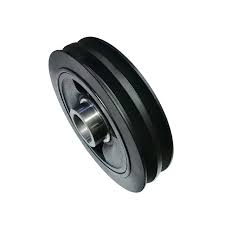
What maintenance procedures are necessary to ensure the reliability of car pulleys?
Maintaining the reliability of car pulleys is crucial for the proper functioning of the engine and its driven components. Regular maintenance procedures help prevent premature wear, belt slippage, and potential component failures. Here's a detailed explanation of the maintenance procedures necessary to ensure the reliability of car pulleys:
- Inspecting for Damage: Regular visual inspections are essential to identify any signs of damage or wear on the pulleys. Look for cracks, chips, excessive wear, or any deformation in the pulley structure. Damaged pulleys should be replaced promptly to prevent further issues and potential belt failure.
- Checking Belt Tension: Proper belt tension is crucial for reliable power transmission and to prevent slippage. Use a tension gauge or follow the manufacturer's specifications to check the tension of the belts connected to the pulleys. Adjust the tension as necessary to maintain the recommended tension range. Over-tensioning can strain the pulleys and accessories, while under-tensioning can cause belt slippage and reduced power delivery.
- Inspecting Belt Condition: Inspect the condition of the belts for signs of wear, fraying, cracking, or glazing. Damaged or worn belts should be replaced promptly to ensure reliable operation. Additionally, check for proper belt alignment and make sure the belts are properly seated in the pulley grooves to prevent slippage and premature wear.
- Lubrication: Some pulleys may require lubrication, especially those with bearing mechanisms. Consult the vehicle's manual or manufacturer's recommendations to determine if lubrication is necessary and the appropriate lubricant to use. Proper lubrication helps reduce friction, minimize wear, and maintain smooth pulley operation.
- Checking for Misalignment: Pulley misalignment can lead to belt tracking issues, increased wear, and reduced performance. Regularly check the alignment of the pulleys to ensure they are properly aligned along the same plane. Misaligned pulleys should be adjusted or realigned to prevent belt misalignment and associated problems.
- Inspecting Pulley Mounting: Check the pulley mounting surfaces and bolts for any signs of damage, corrosion, or looseness. Ensure that the pulleys are securely mounted and that the bolts are tightened to the specified torque. Loose or damaged mounting can lead to pulley wobbling, misalignment, and potential component damage.
- Regular Maintenance Schedule: Follow the manufacturer's recommended maintenance schedule for your specific vehicle. This may include periodic inspections, belt replacements, and other maintenance tasks related to the pulleys and driven components. Adhering to the recommended maintenance intervals helps ensure the longevity and reliability of the pulleys.
In conclusion, ensuring the reliability of car pulleys requires regular maintenance procedures. This includes inspecting for damage, checking belt tension and condition, proper lubrication (if applicable), inspecting for misalignment, checking pulley mounting, and following a regular maintenance schedule. By performing these maintenance procedures, you can detect and address issues early, prevent premature wear and failures, and maintain the reliable operation of the pulleys and the overall engine system.
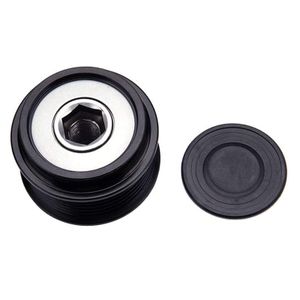
What are the advantages of using high-quality pulleys in car engines?
Using high-quality pulleys in car engines offers several advantages that contribute to the overall performance, reliability, and efficiency of the vehicle. Here are the key benefits of using high-quality pulleys:
- Enhanced Durability: High-quality pulleys are built to withstand the demanding operating conditions within car engines. They are constructed using durable materials and undergo rigorous manufacturing processes, ensuring they can endure high temperatures, vibrations, and mechanical stresses. Improved durability reduces the likelihood of pulley failure, prolongs their lifespan, and minimizes the need for frequent replacements.
- Optimized Power Transmission: High-quality pulleys are designed to provide efficient power transmission from the engine to driven components. They have precise dimensions, well-engineered grooves, and optimal surface finishes that enable proper belt engagement and reduce slippage. Efficient power transmission ensures that the driven components receive the power they require, resulting in improved overall performance and functionality of the engine.
- Reduced Noise and Vibration: High-quality pulleys are carefully balanced and engineered to minimize noise and vibration. They undergo stringent quality control measures to ensure smooth operation and minimize unwanted vibrations that can cause noise and discomfort. Reduced noise and vibration contribute to a quieter and more comfortable driving experience.
- Improved Belt Life: High-quality pulleys help extend the life of belts connected to them. The precise design and smooth surfaces of these pulleys reduce friction and wear on the belts, resulting in increased belt longevity. By minimizing belt wear, high-quality pulleys reduce the risk of belt failure, improve reliability, and decrease maintenance costs associated with belt replacements.
- Precision and Accuracy: High-quality pulleys are manufactured to strict tolerances, ensuring precision and accuracy in their dimensions and performance. This precision helps maintain proper belt alignment, tension, and synchronization. Precise pulleys ensure that the belts operate optimally, preventing misalignment, slippage, or timing errors, which can negatively impact engine performance and potentially cause damage to components.
- Efficient System Operation: The use of high-quality pulleys promotes efficient operation of various engine systems and accessories. By providing reliable power transmission and proper belt engagement, these pulleys contribute to the effective functioning of systems such as the alternator, power steering, air conditioning, and water pump. Efficient system operation enhances overall vehicle performance, fuel efficiency, and driver satisfaction.
In summary, high-quality pulleys in car engines offer advantages such as enhanced durability, optimized power transmission, reduced noise and vibration, improved belt life, precision and accuracy, and efficient system operation. Investing in high-quality pulleys ensures the long-term reliability, performance, and efficiency of the engine and contributes to a smoother and more enjoyable driving experience.


editor by CX
2023-10-03
